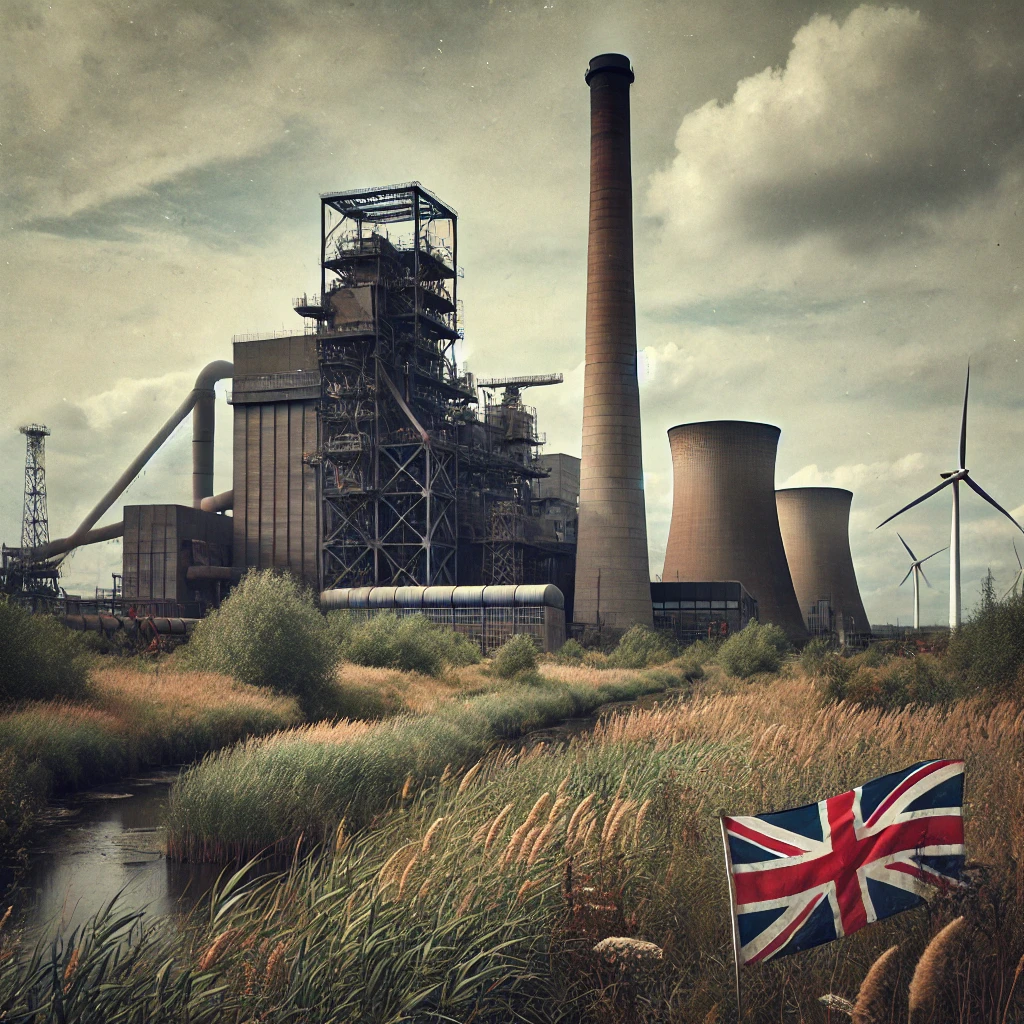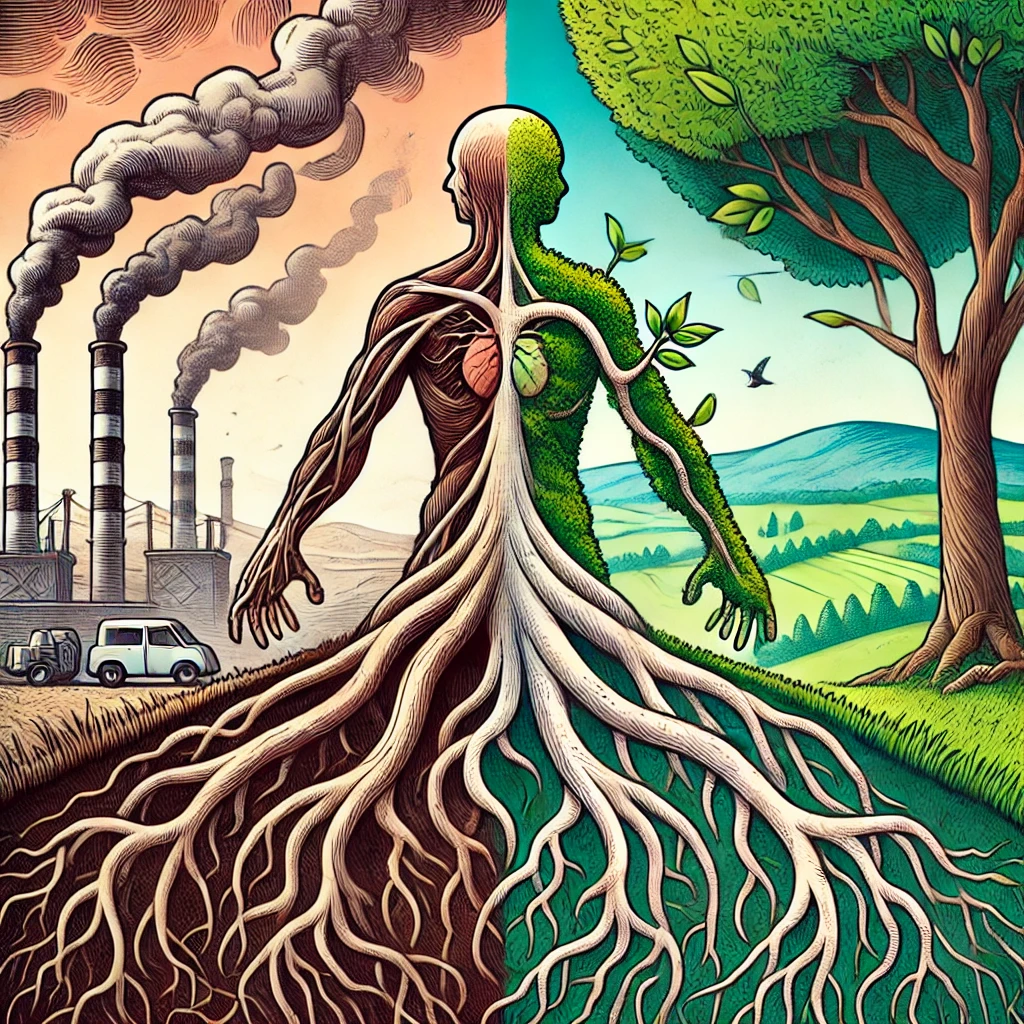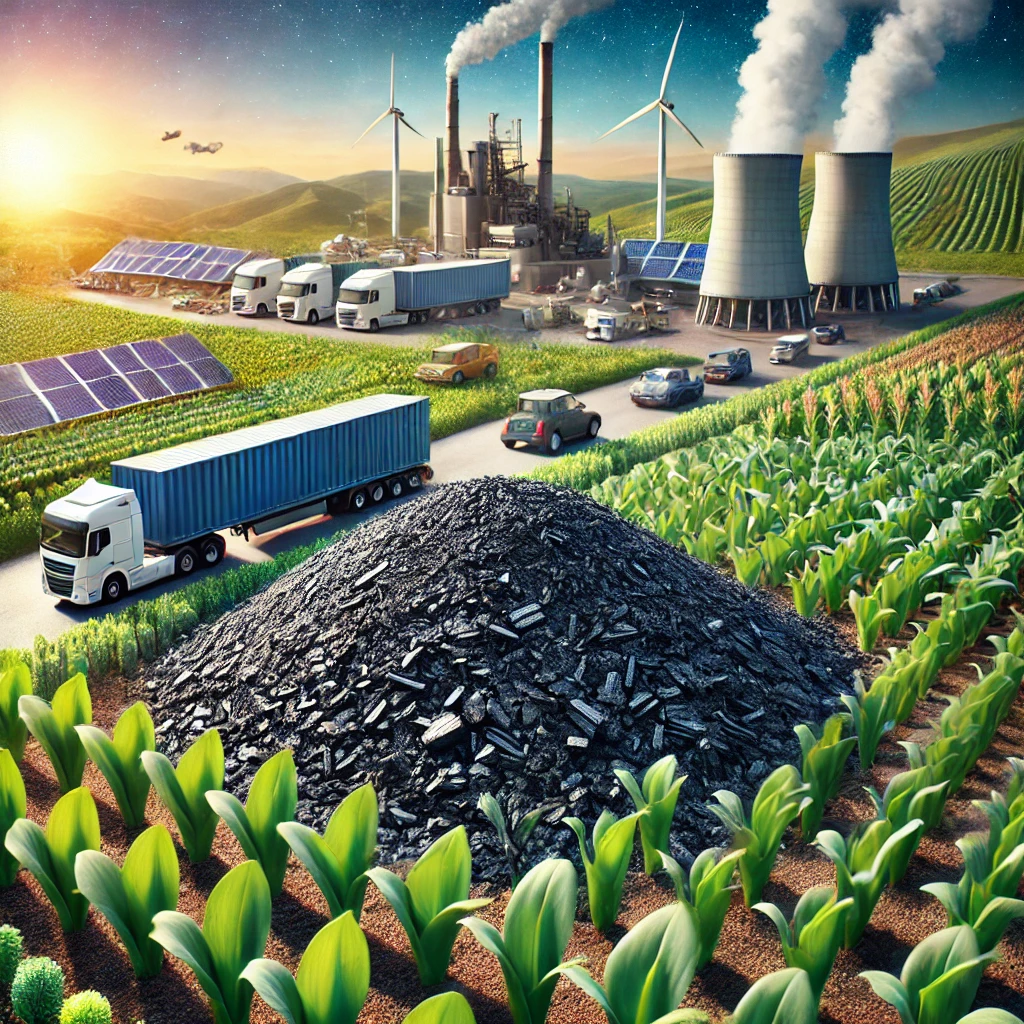
The United Kingdom says Goodbye to Carbon
On September 30, Ratcliffe-on-Soar, the 18th most polluting power plant in Europe, ceased burning coal.
From now on, it will produce green hydrogen. The facility, operational since 1968, has long been a symbol of Britain's dependence on fossil fuels. However, with the increasing urgency to tackle climate change, the UK is accelerating its transition to renewable energy. Ratcliffe-on-Soar will be converted to produce green hydrogen, a clean and sustainable fuel obtained through the electrolysis of water powered by renewable energy. This shift represents a crucial step in the country's strategy to achieve net-zero emissions by 2050.
The conversion project of the power plant is part of a series of initiatives supported by the UK government to enhance hydrogen production at the national level, as this fuel offers significant potential for heavy industry, transportation, and power generation. Ratcliffe-on-Soar has also been identified as a possible hub for the development of new energy technologies and hydrogen storage, contributing to job creation and stimulating technological innovation in the region.
This transformation not only reduces emissions from one of the most polluting power plants in Europe but also sends a positive signal towards a faster and more sustainable energy transition across the European Union. The UK began its phase-out of coal in 2008 with the adoption of the Climate Change Act. Today, with the closure of Ratcliffe-on-Soar, it becomes the first advanced economy and G7 member to completely eliminate coal-fired power generation. This milestone demonstrates how ambitious policies, supported by concrete actions, can truly lead to a radical transformation of the energy system.




